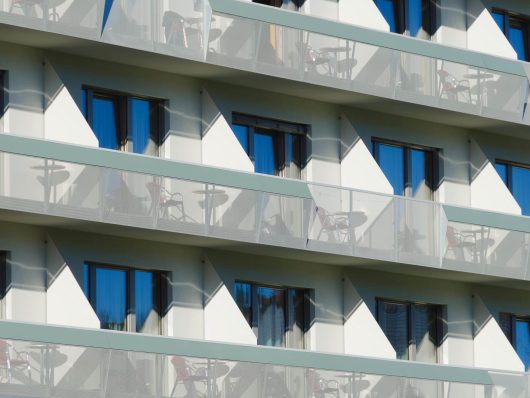Also known as ‘low carbon steel’ or ‘cold rolled steel’, mild steel is a common, low-cost steel with properties suitable for general engineering applications. Due to the low carbon content, mild steel becomes very ductile at high temperatures, making it ideal for forging, welding and general fabrication. Untreated it has a very low corrosion resistance and, as such, is often painted, coated or treated with a galvanised finish. Galvanised steel can also be used in perforating.

Mild steel comes in a wide variety of grades which are suitable for a number of different applications ranging from structural grades like S275 to deep drawing grades. In order to counteract its low corrosion resistance, it is also widely available in galvanised forms (often referred to as galv).
Mild steel is also available as hot rolled pickled and oiled. Hot rolled steel is the most basic form. However, it leaves a scale/stain on the surface. This is where the pickled and oiled process comes in. Once cleaned, the steel is pickled and oiled to prevent rusting.
S275 steel gets its name from the specific mechanical properties it must meet, including minimum yield strength of 275N/mm². Its tensile strength must range from 370 MPa to 530 MPa. Because of these properties, S275 is a popular choice when building bridges or buildings as it is also a low-cost material.
On the other end of the spectrum are the deep drawing grades of steel which typically contain less than 0.025% carbon. This makes them much more ductile than other grades and far more suitable for perforated steel applications where severe deformation is required.
While heavy, steel is strong and low cost which can make it a desirable material for small perforated steel architectural or balustrading projects. Despite the weight, the material is much cheaper and can be coated subsequently to provide a layer of protection against corrosion. The flipside of this is that any damage to the coating will render the panel susceptible to corrosion and large panels can be very difficult to fit.
DC01 is the most widely available steel and most suitable for general purpose engineering applications. We often perforate coils of this and can recoil or blank to cut-to-size sheets.
Perforated galv is another common type of steel we perforate. Offering some protection against corrosion, it is still a cheap alternative to stainless steels or aluminium and when painted provides an additional layer of protection.
Perforated pre-coated steel is very common within the cladding industry and, similar to galv, provides some level of protection against corrosion while also being available in a range of colours. This is very commonly run from coil and then recoiled internally so that it may be profiled at a later stage.